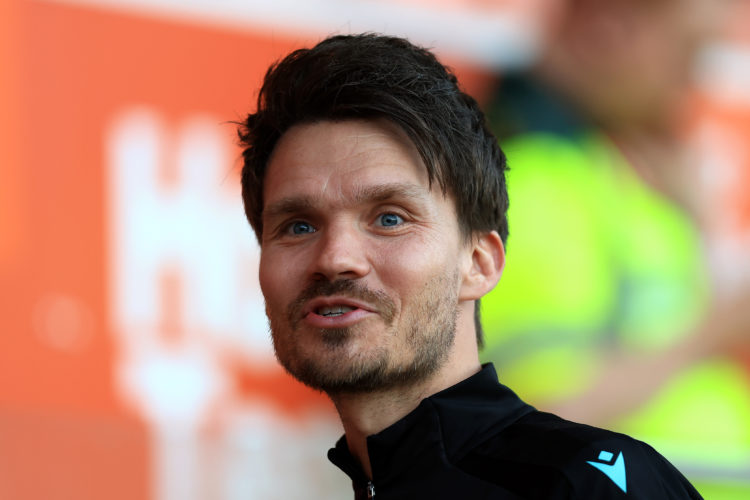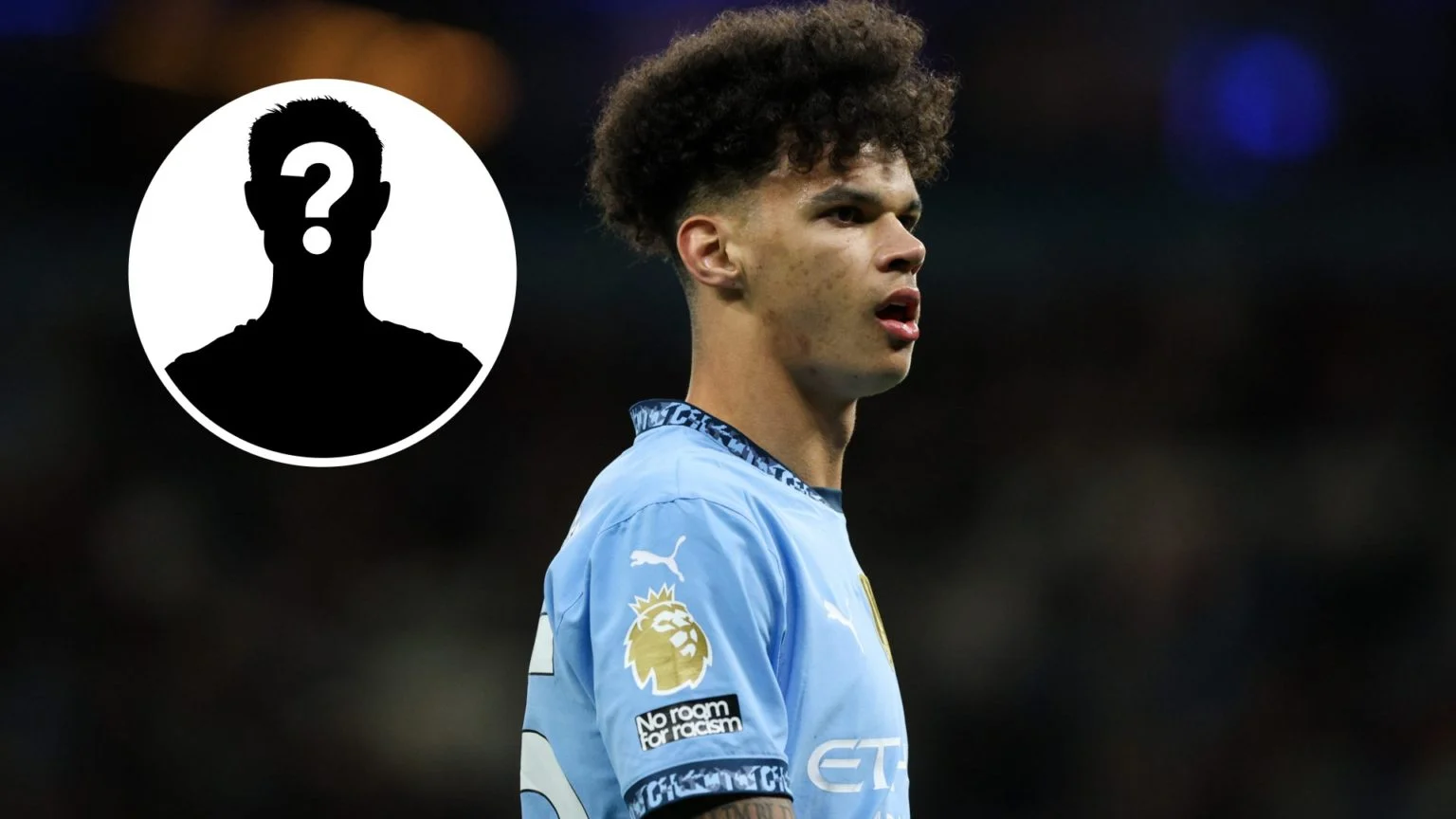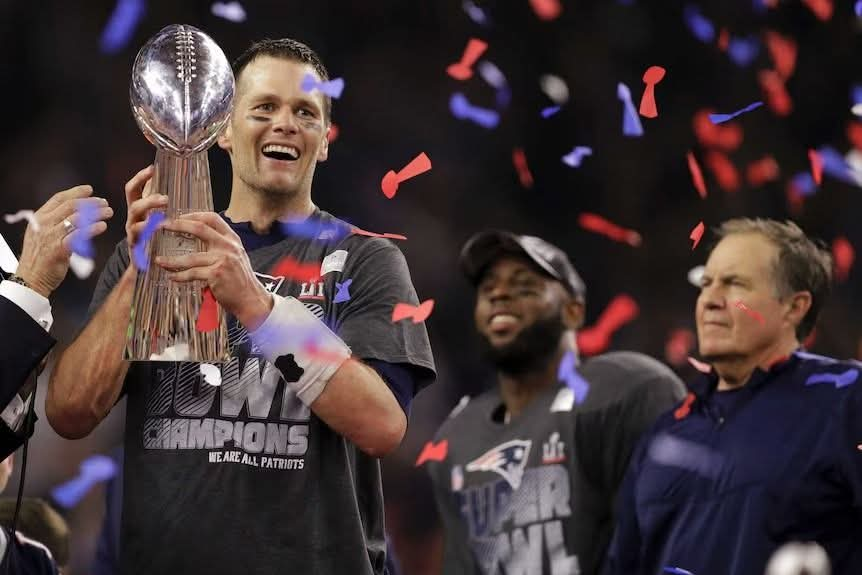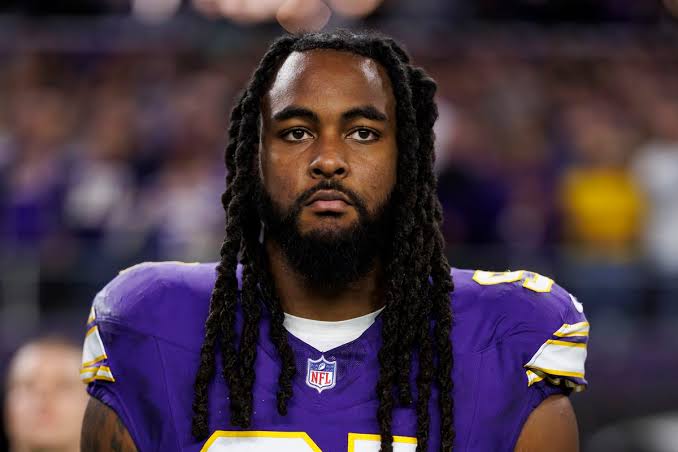Sheffield Wednesday had to settle for a solitary point against Cardiff City in a match that highlighted both their strengths and shortcomings. The 1-1 draw on Saturday afternoon left a mixed taste in the mouths of fans and analysts alike, with Danny Rohl’s tactical decisions at the heart of the debate.
A Game of Expectations and Frustrations
Coming off the back of a disappointing Steel City derby defeat before the international break, this game was Sheffield Wednesday’s chance to reignite their campaign. The Owls came out with purpose, demonstrating flair, cohesion, and an attacking intent that has often been absent in their performances this season. Danny Rohl could take pride in his team’s overall display, as they dominated the game, showcasing fluid passing sequences and carving out several opportunities. However, as has been a recurring theme, the ability to convert those chances into goals was woefully lacking.
The likes of Ike Ugbo continued to struggle in front of goal, failing to provide the cutting edge necessary to capitalize on the team’s dominance. Michael Smith, tasked with leading the line, was largely ineffective and failed to leave any significant mark on proceedings. The brightest spark for Wednesday was, without a doubt, Josh Windass, who delivered an assist, consistently tested the Cardiff defense, and seemed the likeliest candidate to find a breakthrough.
Controversial Substitution
The decision to substitute Josh Windass in the 82nd minute for Callum Paterson raised eyebrows among fans and pundits. At a moment when momentum was on Wednesday’s side, Windass appeared confident and fully capable of influencing the game further. His performance up to that point had been energetic and creative, with the forward often finding himself in dangerous positions and providing the spark needed to unlock Cardiff’s defense.
Paterson, in contrast, struggled to replicate Windass’s influence. Late in the game, he missed a glorious opportunity to seal all three points, fluffing a shot from close range inside the box. This missed chance inevitably led to the question: would Windass have been more clinical in that decisive moment? Given his form and confidence on the day, the answer seems to be a resounding yes.
Emotional Outburst from Windass
Windass’s visible frustration at being substituted also became a talking point. As he left the field, the 30-year-old expressed his anger in no uncertain terms. He aggressively threw on his coat, tossed water bottles, and kicked a barrier before taking his place on the bench. While this behavior underscored his passion and desire to make an impact, it also raised concerns about professionalism and respect for managerial decisions.
There is a fine line between demonstrating commitment and allowing emotions to boil over. While it’s clear Windass felt he could have been the difference-maker had he stayed on, such visible displays of dissent can disrupt team morale and undermine the authority of the manager. Danny Rohl will need to manage this dynamic carefully to ensure such moments do not snowball into larger issues.
Frustrations Beyond Windass
Windass was not alone in displaying his frustration during the game. Captain Barry Bannan also found himself incensed, particularly after a penalty appeal was waved away by the referee. Bannan’s anger was palpable, and his reaction epitomized the collective disappointment of a Sheffield Wednesday team that felt they deserved more from the game.
Despite their dominance in possession and control of the match, the Owls were unable to convert that superiority into a victory. The inability to capitalize on key moments and the defensive lapses that allowed Cardiff to remain in the contest reflected ongoing issues that Rohl will need to address.
Positives to Build Upon
While the result was frustrating, there were several positives for Sheffield Wednesday to take away. Their ability to dictate the pace of the game and create chances showed that Rohl’s tactical approach is beginning to bear fruit. Windass’s performance, in particular, highlighted his importance to the team and underlined why he will remain a pivotal figure in their quest for survival this season.
Looking ahead, Rohl must find a way to resolve the team’s inefficiency in front of goal. Whether this involves tweaking the attacking setup or instilling greater composure in his forwards, a solution is urgently needed. Additionally, managing player emotions and fostering a culture of professionalism and unity will be key to navigating the challenges that lie ahead.
Final Thoughts
The draw against Cardiff was a microcosm of Sheffield Wednesday’s season so far: flashes of promise undermined by a lack of clinical edge and moments of frustration. While Danny Rohl can take heart from his team’s improved style of play, the hard truth is that results are what ultimately matter. For the Owls, time is running out to turn performances into points and to climb away from the lower reaches of the table.
The coming weeks will be crucial for Sheffield Wednesday, both on and off the pitch. Rohl’s ability to fine-tune his tactics, manage his players’ emotions, and instill a killer instinct in the squad could well determine whether this season ends in survival or despair. For now, the focus remains on building momentum and ensuring that promising performances are no longer overshadowed by missed opportunities and avoidable frustrations.



